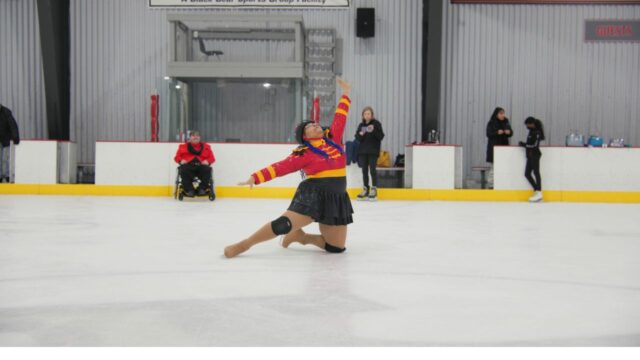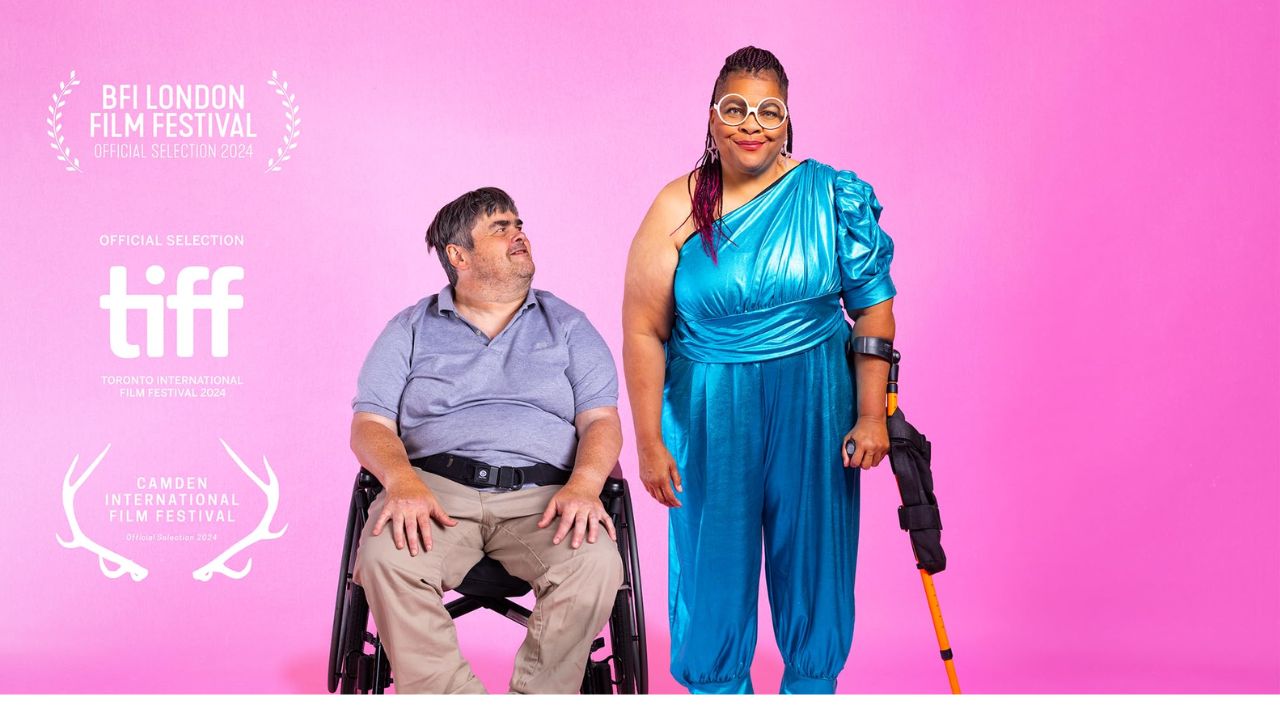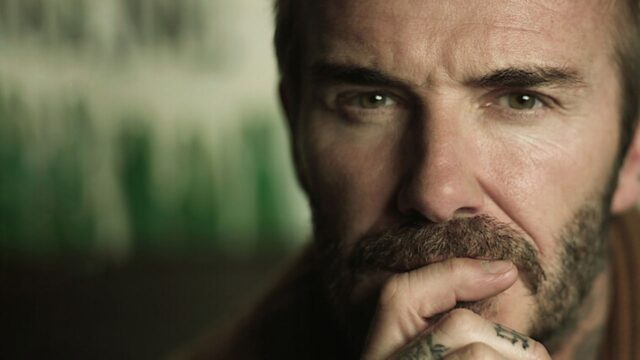Patrice: The Movie is a unique documentary styled as a “documentary romantic comedy.” With its September 8, Toronto International Film Festival, and September 30, 2024, Hulu premieres, the documentary opened up a larger audience to the remarkable story.
Ted Passon, a director best known for Philly D.A., is behind the documentary. Along with ESS Projects and Cedar Road, the film’s principal producers are ABC News Studios and All Ages Productions. In the documentary, Patrice Jetter, a disabled woman from New Jersey, and her partner Garry Wickham discuss her life together.
But when the two lovers learn that two disabled people could lose Medicaid support or Social Security disability benefits if they marry and live together, a harsh reality sets in.
Patrice: The film chronicles Patrice’s battles with the system and how it disregards the fundamental rights of people with disabilities.
The Captivating Real Story Behind Patrice: The Movie

Ted Passon, a filmmaker, has been friends with Patrice Jetter for over thirty years. In addition to being an advocate for disability rights and a Special Olympics athlete, Patrice works as a crossing guard at a school.
Notably, the documentary withholds information about her particular disability. As soon as viewers meet Patrice’s long-term boyfriend, Garry Wickham, who has cerebral palsy, the romantic aspect of the movie becomes evident.
Patrice and Garry, both in their 50s, are faced with the harsh truth that if they move forward with their plans, they might lose their Supplemental Security Income and Medicaid benefits, which are essential.
Throughout the entire movie, there is a strong commitment to the social model of disability, which holds that socio-political attitudes are the main cause of barriers to access for people with disabilities. Gary’s cerebral palsy is disclosed to us, but Patrice’s condition is never made public.
This aligns with an increasingly modern disability rights trend that supports the notion that full medical disclosure is not necessarily mandatory in all circumstances. However, Patrice identifies as disabled, and in the cleverly constructed flashback scenes that describe her early life and challenging relationship with her mother, we hear references to special needs education and even institutionalization.
Their situation stems from having a combined asset cap of $3,000 to be eligible for SSI; if they were to get married, this cap would be exceeded. Even if they only plan to live together, a disability rights attorney warns them that their support payments may decrease.
According to the documentary, the history of these asset laws is rooted in a time when a large number of people with disabilities were institutionalized and were not expected to marry or pursue gainful employment.
Elizabeth Dicker, a friend of theirs, asks them profoundly:
“If two people are having Medicaid benefits, and then those two people get married and then they just don’t lose their benefits, how is the government making or losing any money?”
In an interview, the vice president of public policy and advocacy at Paul Melmeyer MDA described some tragic personal stories that resulted from what was thought to be antiquated and rigid laws.
“Many people in our community have shared with us how devastating this can be to their aspirations for a career and job, as well as the relationships they either hope to have in the future or currently have,” says Melmeyer.
Patrice and Gary’s story comes to a spectacular close with a march led by disability rights activists and several disabled and impaired couples dressed in bridal gowns and wedding attire, pleading with legislators to remove unnecessary obstacles to love, hope, and friendship.
Who better than the irrepressible Patrice to sanctify a new arrangement fit for the modern era in a deeply moving scene that nearly feels like the disability community going down on one knee in unison?
“We would like to get married and be able to go to the doctor. We would like to get married and be able to buy groceries and medicine. We would like to get married and be able to pay rent and bills and not end up living in the cardboard box. By the powers invested in me, I pronounced you all TOGETHER,”- She exclaims to the jubilant supporters and friends.
The documentary tackles the restrictive laws pertaining to disability rights that impede their marriage, but the main focus is still their unwavering love. Patrice and Garry are still there for each other, helping each other through difficulties one step at a time.
This is a love story that, at its core, transcends all communities.
About Patrice: The Movie
A disabled couple in their 50s, Patrice and Garry, want to marry but risk losing their benefits if they do. Despite the risk, they decide to hold a commitment ceremony. Ted Passon, a director best known for Philly D.A., is behind the documentary. Along with ESS Projects and Cedar Road, the film’s principal producers are ABC News Studios and All Ages Productions. In the documentary, Patrice Jetter, a disabled woman from New Jersey, and her partner Garry Wickham discuss her life together. Patrice: The film chronicles Patrice’s battles with the system and how it disregards the fundamental rights of people with disabilities.









No Comments on Patrice: The Movie- A Call to Rally for Marriage Equality for the Disabled